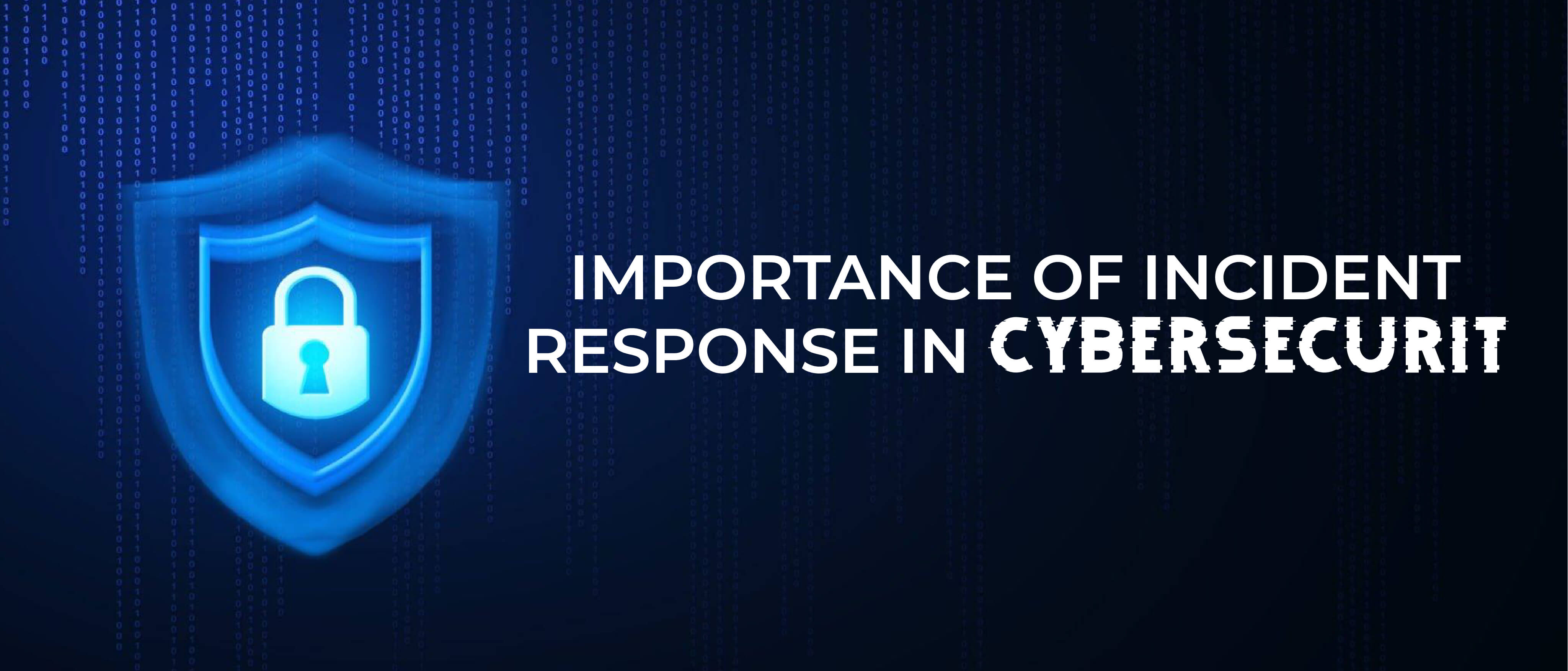Navigating Cybersecurity Challenges: The Vital Role of Incident Response

In today's digitally connected world, organizations face an increasing number of threats and attacks. Having a robust cybersecurity strategy is essential, but equally critical is an effective incident response plan. ANA Cyber understands the paramount importance of incident response in safeguarding your digital assets. In this blog, we will dive into the world of incident response, its components, phases, and the pivotal role of the Information Security Management System (ISMS) in this process.
Definition and Components of an Incident Response Plan
Incident response in cybersecurity is a structured approach to managing and mitigating security incidents. It involves preparing for potential incidents, detecting and analyzing threats, containing and eradicating the threat, recovering normal operations, and learning from the experience to enhance future responses. A well-crafted incident response plan consists of defined roles and responsibilities, communication protocols, incident classification, and detailed procedures for each phase of the incident response process.
Phases of Incident Response
- Preparation:
- Detection:
- Containment:
- Eradication:
- Recovery:
- Lessons Learned:
ANA Cyber collaborates with your team to establish proactive measures, anticipating potential threats and building a resilient security infrastructure.
Utilizing advanced tools and techniques, we swiftly detect and analyze security incidents, minimizing the impact on your operations.
Our experts employ strategic containment strategies, preventing the incident from spreading further into your network.
ANA Cyber works diligently to remove the root cause of the incident, ensuring that your systems are clean and secure.
We assist in restoring your operations to normalcy, minimizing downtime, and mitigating financial losses.
ANA Cyber conducts thorough post-incident analysis, identifying weaknesses and areas for improvement, ensuring you are better prepared for future incidents.
Role of ISMS in Incident Response
Your Information Security Management System (ISMS) is a crucial component of incident response. It provides the framework for identifying, managing, and mitigating risks effectively. ANA Cyber integrates your ISMS seamlessly into your incident response plan, ensuring a holistic approach to cybersecurity.
Benefits of a Well-Defined Incident Response Plan
- Reduced Downtime:
- Cost Savings:
- Reputation Protection:
- Compliance Assurance:
Swift incident response minimizes system downtime, ensuring business continuity.
Mitigating incidents early on prevents costly data breaches and regulatory fines.
Effective response preserves your reputation and customer trust.
Meeting legal and regulatory requirements becomes more manageable with a structured response plan.
Key Elements of an Effective Incident Response Team
Your incident response team should consist of experts from various domains, including IT, legal, communications, and management. ANA Cyber assists in assembling and training a well-rounded team ready to tackle any threat head-on.
Conclusion and Recommendations for Implementing Incident Response Processes
In conclusion, incident response is not an option but a necessity in today's digital world. By having a well-defined incident response plan, a competent team, and a proactive mindset, you can significantly reduce the impact of cybersecurity incidents on your organization.
ANA Cyber recommends to:
- Regularly update and test your incident response plan.
- Train your team and raise awareness about cybersecurity.
- Keep yourself updated with the most recent threats and vulnerabilities.
- Collaborate with law enforcement and organizations for threat intelligence.
Remember, when it comes to cybersecurity incidents, the key is not to panic but to have a plan and a team ready to respond effectively. Your digital assets and reputation are worth protecting, and incident response is your shield against cyber threats.
Contact
For more information on how we can help you secure your data, get you compliant and protect your business, please complete the form below and one of Information security / Cyber Forensic expert and Compliance specialists will respond to you as soon as possible.


